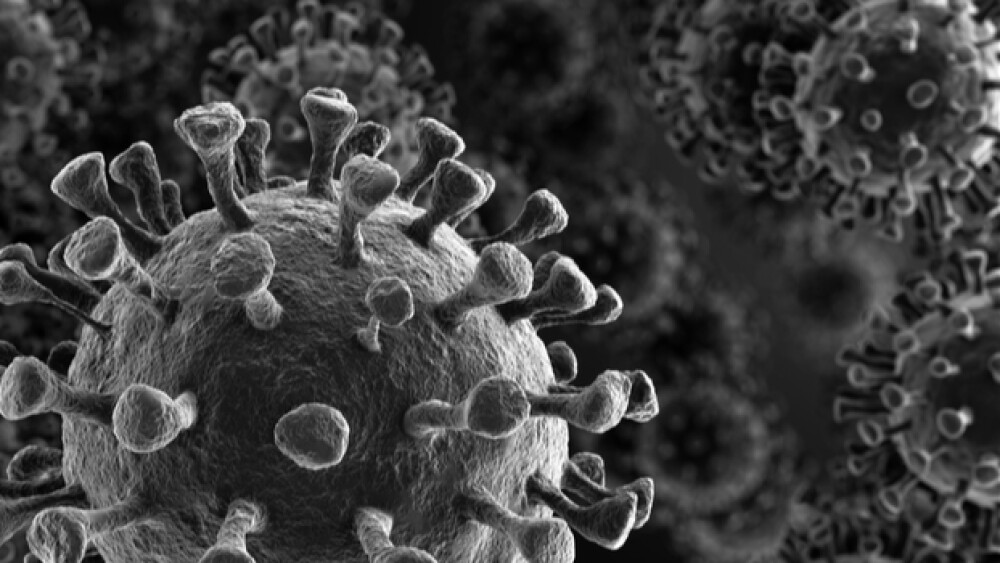Eli Lilly will begin exploring the use of its rheumatoid arthritis drug Olumiant as a treatment for hospitalized patients with COVID-19. A clinical trial will begin this month and results are expected within the next two months.
Eli Lilly will begin exploring the use of its rheumatoid arthritis drug Olumiant as a treatment for hospitalized patients with COVID-19. A clinical trial will begin this month and results are expected within the next two months.
Eli Lilly is hoping to determine if the same anti-inflammatory response seen in rheumatoid arthritis patients who received Olumiant (baricitinib) will benefit COVID-19 patients. There is anecdotal evidence that anti-inflammatory drugs like Gilead’s Remdesiver and Roche’s Actemra have benefitted COVID-19 patients that have seen a severe immune response due to the disease. Olumiant is an oral JAK1/JAK2 inhibitor. Given the inflammatory cascade seen in COVID-19, baricitinib’s anti-inflammatory activity has been hypothesized to have a potential beneficial effect in COVID-19 and warrants further study in patients with this infection, Indianapolis-based Eli Lilly announced. The trial is being conducted in partnership with the National Institute of Allergy and Infectious Diseases (NIAID).
Vincent C. Marconi, a professor of medicine and global health at Emory University School of Medicine and an investigator with the NIAID study, said there is an urgent need for new strategies to help hospitalized patients with COVID-19. If those patients do not receive adequate treatment, many will progress to respiratory failure, he noted. The study of Olumiant presents an important opportunity to examine whether or not the drug can help these patients, Marconi said.
In addition to the Olumiant study, Eli Lilly is also advancing LY3127804, an investigational selective monoclonal antibody against Angiopoietin 2 (Ang2), to Phase II testing in pneumonia patients hospitalized with COVID-19 who are at a higher risk of progressing to acute respiratory distress syndrome (ARDS). Ang2 is known to be elevated in ARDS patients and Lilly will test whether inhibiting the effects of Ang2 with a monoclonal antibody can reduce the progression to ARDS or the need for mechanical ventilation in COVID-19 patients, Eli Lilly said. The study with LY3127804 is expected to begin later this month at multiple sites in the United States.
Eli Lilly Chief Medical Officer Daniel Skovronsky said the company is moving at “top speed” and using all of its resources to help in the fights against the global pandemic that has infected more than 1.8 million people and caused the deaths of 114,983, according to the latest figures from the Johns Hopkins coronavirus tracking map.
“Developing potential therapeutic medicines for COVID-19 is part of our vital and humanitarian mission. To be successful, we must combine resources, data and expertise, with government, academia and other companies. We look forward to seeing the results of baricitinib and anti-Ang2 clinical studies,” Skovronsky said in a statement.
The Olumiant and LY3127804 are just the latest tactics Eli Lilly has taken against COVID-19. Last month the company partnered with Vancouver-based AbCellera to co-develop antibody products against the disease. Also, Eli Lilly partnered with the state of Indiana to accelerate testing for the virus in that state. Lilly is using its specialized research laboratories to analyze samples taken in





